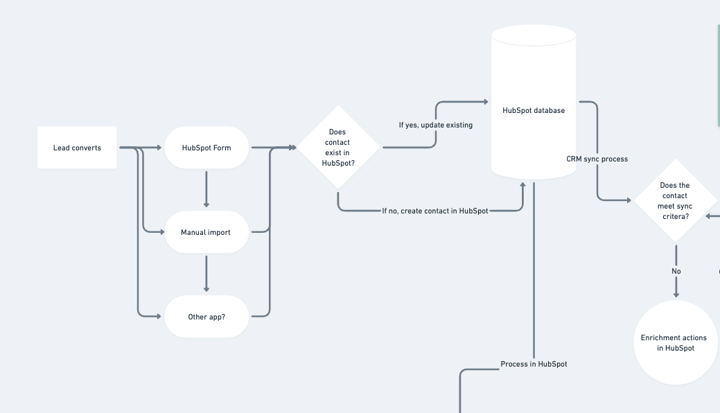What is DocOps and how can your business benefit?
DocOps, or Documentation Operations, is a strategic approach to managing documents, templates, and products such as reports produced, within large organizations. It focuses on optimizing the flow of documents throughout their lifecycle, from creation to distribution and maintenance.
Because DocOps aims to streamline document management processes it helps businesses increase productivity, reduce errors and therefore potentially costly risks, and safeguard brand integrity. Here are some key aspects of DocOps:
-
Productivity Increases: By implementing standardized templates, automated workflows, and efficient document management systems, DocOps can significantly boost the productivity of professionals in service roles. This allows employees to spend less time on administrative tasks and more time on value-added activities.
-
Time Savings: DocOps helps save time by automating repetitive tasks such as document formatting, version control, and compliance checks. This frees up valuable resources and enables teams to focus on higher-priority tasks.
-
Brand Integrity: Consistency is crucial for maintaining brand integrity. DocOps ensures that all documents adhere to brand guidelines, tone of voice, and messaging standards. By centralizing control over document templates and content, organizations can deliver a cohesive brand experience across all touchpoints.
-
Risk Reduction: DocOps mitigates risks associated with document management, such as legal liabilities and compliance issues. By enforcing standardized language, updating legal disclaimers, and ensuring regulatory compliance, organizations can minimize the potential for errors and legal disputes.
-
Locking and Updating Elements: DocOps involves locking down certain elements of documents to prevent unauthorized changes while allowing updates to be applied uniformly across all documents. This ensures consistency and accuracy while reducing the risk of discrepancies or outdated information.
By the way, when asking AI what document anarchy looks like, this is what it comes up with. It feels accurate at times when diving into Sharepoint:

Before diving into implementing DocOps, it's important to prepare your team for the changes ahead. Start by clearly communicating the benefits of DocOps and how it will streamline their workflow and improve productivity. Encourage open dialogue and address any concerns or resistance to change. Next, provide comprehensive training sessions to ensure everyone understands how to use the new tools and processes effectively. Foster a culture of continuous learning and feedback, where employees feel empowered to share their experiences and suggest improvements. Additionally, designate key stakeholders who will champion the DocOps initiative and support their teams throughout the transition. By involving your team from the beginning, providing adequate training and support, and fostering a culture of collaboration, you can ensure a smooth and successful deployment of your DocOps solution.
-
Understand Business Needs: Begin by understanding your organization's unique document management challenges and goals. Identify areas where DocOps can have the biggest impact in terms of productivity savings and risk reduction.
-
Document Processes: Document your existing document management processes to identify inefficiencies and areas for improvement. This will provide a clear baseline for measuring the effectiveness of the DocOps solution.
-
Map Impact and Savings: Map out how DocOps will impact various aspects of your business, such as time saved on administrative tasks, improved brand consistency, and reduced compliance risks. Identify potential productivity gains and cost savings to demonstrate the value of the solution.
-
Build Training Programs: Develop comprehensive training programs to ensure that all team members understand how to use the new DocOps tools and processes effectively. Offer hands-on training sessions, online tutorials, and support resources to help employees transition smoothly.
-
Identify Champions: Identify key stakeholders and champions within your organization who will advocate for the DocOps initiative and support their teams throughout the transition. These champions can help drive adoption, address concerns, and provide guidance to their colleagues.
-
Encourage Feedback: Foster a culture of open communication and feedback, where employees feel comfortable sharing their experiences and suggesting improvements. Actively solicit input from team members throughout the deployment process to address any challenges or roadblocks.
By following these steps and actively involving your team in the deployment process, you can ensure a smooth transition to a DocOps solution that delivers tangible benefits to your organization. I'm curious, how much time would you save if you didn't have to spell check, format and design all your documents? Listening to a talk from Paul Vetrone at BDO in Canada, he calculated a saving of $1.65 across 600 templates and 120.000 documents.






